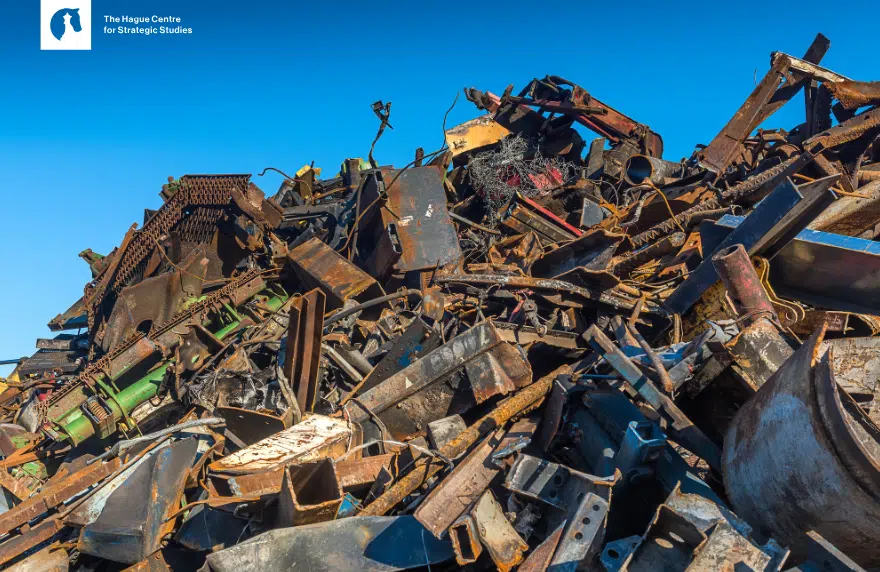Research
Digital technologies, clean energy, healthcare, and defence all depend on critical raw materials (CRM) such as rare earths, cobalt, and gallium. These materials are essential to the Dutch and European economies but face supply risks due to global concentration of production, particularly in China. The energy transition is the main driver of rising CRM demand, while geopolitical tensions—like the war in Ukraine and U.S.-China rivalry—have further exposed vulnerabilities.
The EU and the Netherlands are responding with policies such as the European Critical Raw Materials Act (2024) and the Dutch National Raw Materials Strategy (2022). Regionally, Noord-Holland and Flevoland play a crucial role. The Metropolitan Region Amsterdam (MRA), Port of Amsterdam, and North Sea Canal Area are major industrial and logistical hubs. Amsterdam’s ambition to become fully circular by 2050 underscores the importance of regional contributions to secure resilient supply chains.
The provinces’ CRM use is concentrated in two areas:
- Automotive and machinery, which use smaller CRM volumes but are widespread.
- Wind turbines, data centres, and solar parks, which consume large volumes of CRM and are highly concentrated in the region.
China’s export restrictions and dominance in permanent magnets threaten both automotive and renewable energy ambitions. Although the Netherlands cannot be self-sufficient, regional actions can bolster resilience within a European framework.
Recycling is already a strength in Noord-Holland and Flevoland, with numerous companies engaged in urban mining, scrap collection, and processing. The region also benefits from strong infrastructure, large-scale industrial actors like Tata Steel, and an innovative ecosystem of start-ups and research institutes.
The study by Irina Patrahau, Lucia van Geuns, Ron Stoop, and Julie Jeuken identifies five key opportunities for strengthening resilience and sustainability:
- Ensure new wind parks, solar parks, data centres, and grid infrastructure have circular lifecycles.
- Enhance automotive circularity in collaboration with EU partners.
- Support recycling companies to scale and diversify activities.
- Extend the lifecycle of machinery and electrical appliances.
- Invest in knowledge, innovation, and skills development.
Policy recommendations include fostering trust-based dialogue between companies and policymakers, streamlining permitting for innovative recycling projects, supporting collaboration between large industry and start-ups, raising public awareness on circularity, and protecting high-environmental-category industrial zones. The report also calls for EU-wide cooperation, matchmaking between recycling firms and downstream industries, and attracting start-ups to the region’s high-tech ecosystem.
In conclusion, Noord-Holland and Flevoland are well positioned to play a leading role in Europe’s transition towards resilient and sustainable CRM supply chains. By leveraging existing industrial strengths, boosting recycling and innovation, and embedding circularity into regional strategies, the provinces can help safeguard Europe’s access to the raw materials needed for the future economy.
***
This report was commissioned by the Dutch provinces of Noord-Holland, Flevoland, and the Metropoolregio Amsterdam. Responsibility for the contents and for the opinions expressed, rests solely with the authors.
A working group consisting of staff from these organizations, as well as from the Amsterdam Economic Board, the Noordzeekanaalgebied, and the Municipality of Amsterdam, served as the primary point of contact for the researchers. It should be noted, however, that this does not imply that the contents of the report are necessarily endorsed in full by these organizations.
The HCSS report will be discussed on September 24, 2025, during a workshop with relevant stakeholders. At this workshop, the findings will be examined and efforts will be undertaken to further elaborate the report’s recommendations. A summary of the key outcomes of this workshop will be published in due course.
The Dutch version of the report can be downloaded here:








